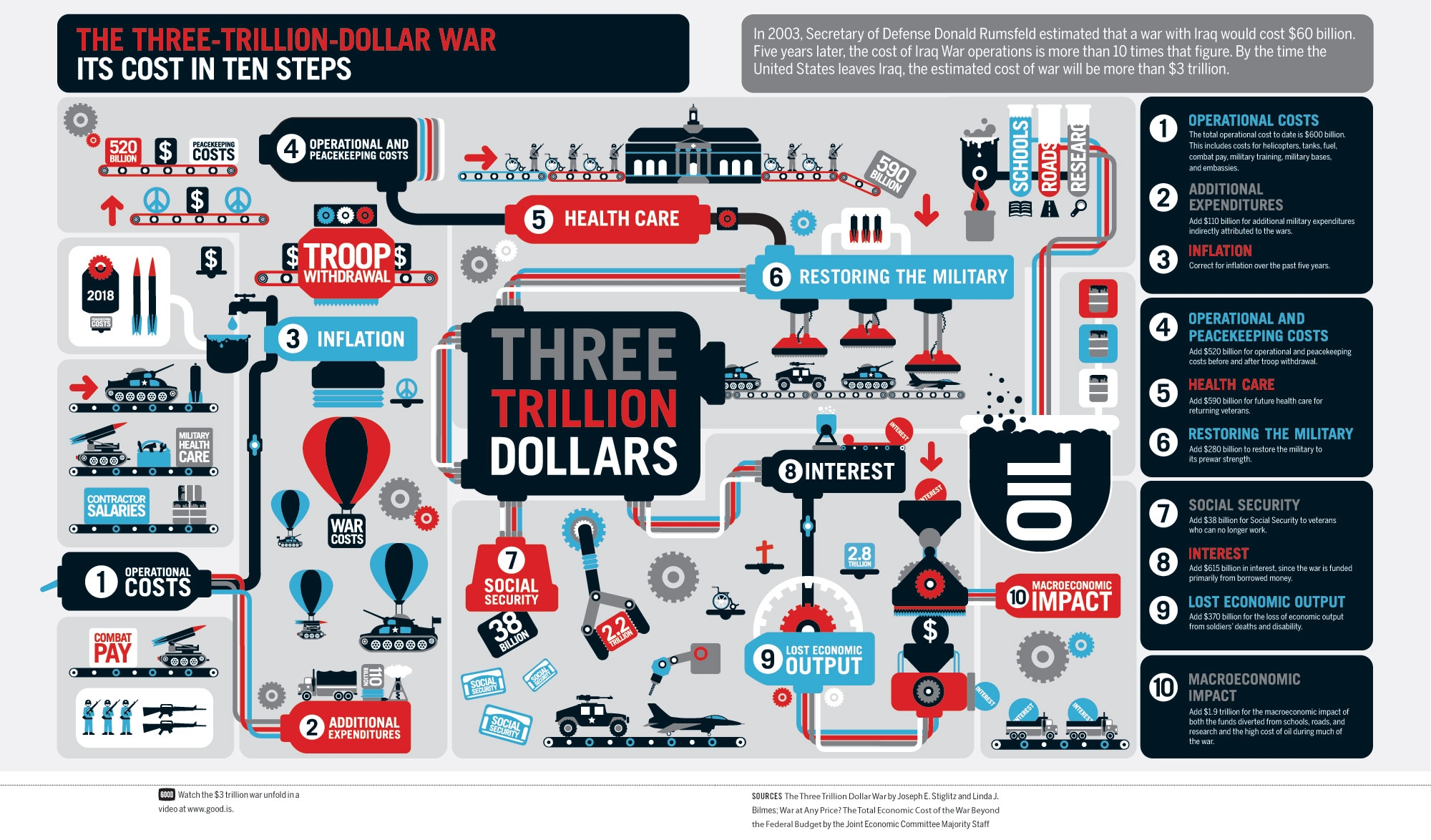Here's a list from some blog laying out the various techniques used by official spokes-maggots to avoid telling the truth. I probably don't agree with the guy's politics, but it is a nice synopsis of spin techniques. Next time you watch a press conference, see if you can identify the tricks as they come up.
- Dummy up. If it's not reported, if it's not news, it didn't happen.
- Wax indignant. This is also known as the "how dare you?" gambit.
- Characterize the charges as "rumors" or, better yet, "wild rumors." If, in spite of the news blackout, the public is still able to learn about the suspicious facts, it can only be through "rumors."
- Knock down straw men. Deal only with the weakest aspect of the weakest charges. Even better, create your own straw men. Make up wild rumors and give them lead play when you appear to debunk all the charges, real and fanciful alike.
- Call the skeptics names like "conspiracy theorist," "nut," "ranter," "kook," "crackpot," and of course, "rumor monger." You must then carefully avoid fair and open debate with any of the people you have thus maligned.
- Impugn motives. Attempt to marginalize the critics by suggesting strongly that they are not really interested in the truth but are simply pursuing a partisan political agenda or are out to make money.
- Invoke authority. Here the controlled press and the sham opposition can be very useful.
- Dismiss the charges as "old news."
- Come half-clean. This is also known as "confession and avoidance" or "taking the limited hang-out route." This way, you create the impression of candor and honesty while you admit only to relatively harmless, less-than-criminal "mistakes." This stratagem often requires the embrace of a fall-back position quite different from the one originally taken.
- Characterize the crimes as impossibly complex and the truth as ultimately unknowable.
- Reason backward, using the deductive method with a vengeance. With thoroughly rigorous deduction, troublesome evidence is irrelevant. For example: We have a completely free press. If they know of evidence that the Bureau of Alcohol, Tobacco, and Firearms (BATF) had prior knowledge of the Oklahoma City bombing they would have reported it. They haven't reported it, so there was no prior knowledge by the BATF. Another variation on this theme involves the likelihood of a conspiracy leaker and a press that would report it.
- Require the skeptics to solve the crime completely.
- Change the subject. This technique includes creating and/or reporting a distraction.
He missed one: answer the wrong question and quickly move on. I find that many replies sound like they are answering the question, but if you pay attention to the actual words critically, you see they do no such thing.
He missed another trick: filibuster. I remember an old quote from some NPR journalist about the technique whereby the speaker rambles on for minutes going off on tangents. It is essentially composed of changing the subject, and a bit of answering the wrong question, but then the subject speaks for so long that the interviewer and listener stop paying attention, and are reluctant to answer a follow-up question because it is so painful.
[From] Thirteen Techniques for Truth Suppression









